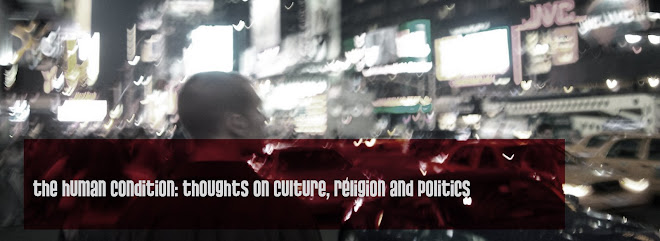I saw Francis Schaeffer speak about A Christian Manifesto on an old episode of the Corral Ridge Hour, which is what gave me the idea to use his book for a source. I admit that I thought much of what he had to say about losing our inaliable rights and our religious liberties to be a little shrill to say the least. Boyd makes excellent arguments that I never got to touch on concerning the church taking up the power of the government and losing religious liberties. In short, he believes that the church using the government to impose its agenda is a dangerous temptation and idolatrous when it has done so, and that Christians shouldn't be concerned with fighting for their religious liberties as the church has thrived the most under intense persecution and lost its distinctive radicalness when it has become a national religion. Boyd simply points to empty churches in Europe to back his claim. And finally, Boyd says that the Christianity that was so much a part of the founding of this country is nothing more than a civil religion and not the Christianity of Jesus.
-------------------------------------------------------------------------------------------------
There are two distinct differences between the United States of America and the Roman Empire. The first is that Christians in America are not forced to worship any god. The U.S. is a country of religious freedom. The second difference is that its citizens are invited to participate in the political process. Democratic freedom is a privilege the early church in Rome did not have. Because of these distinctions Christians are faced with the question of how their faith should influence their political involvement or whether they should be involved at all. The American political arena is generally divided between conservatives and liberals. This division carries over to American Christianity dividing Christians into a religious Right and religious Left. Historically, evangelicals have sided with the Right, while mainline denominations have often sided with the Left. Among the many differences between these two sects, there are two I want to highlight: the view of the United States and the Christian values that take priority in political participation. By focusing on these differences I believe I’ll get an accurate picture of how these two perspectives view the role of Christians in politics.
In the late 70’s and early 80’s, the group collectively known as the religious Right began taking shape in America. They represented politically-active, conservative, Christians. They formed a strong allegiance with the Republican Party, and are commonly given credit for electing Ronald Regan as president. The political organizations that were key players in the rise of the religious Right were The Moral Majority and The Christian Coalition. Jerry Falwell, Pat Robertson and D. James Kennedy were its central figures. Falwell and Kennedy have both passed away in recent years.
A book written in the early 80’s which had a strong influence on leaders in the Religious Right and covers the philosophical, historical and theological underpinnings behind it was A Christian Manifesto by the late Francis Schaeffer. Schaeffer essentially says that Christianity is at war with the religion of Secular Humanism for the soul of America. In this book, Schaeffer argues that materialistic humanism is taking over America; destroying the family; removing Judeo-Christian values from the public square; and threatening the concept of inaliable rights. It is doing this, Schaeffer argues, because at the core of materialistic humanism is the belief that all reality is based on random chance and, therefore, there can be no “certain inaliable rights.” They are completely arbitrary (Schaeffer 1982).
Historically, Schaeffer promotes the view, which is common among those in the religious Right, that America was founded on Judeo-Christian values. The conservative Christian belief that America is a “Christian nation,” and that Christians must “take back America for God” come from this historical perspective. Therefore, those of the religious Right carry a generally positive view of the U.S. Schaeffer (1982) reflects on the United States’ Christian past, writing: “Most people do not realize that there was a paid chaplain in Congress even before the Revolutionary War ended… And from the very beginning, prayer opened the national congress… They knew they were building on the Supreme Being who was the Creator, the final reality (p. 33).” And concerning the founding of America on Judeo-Christian values and the influence of materialistic humanism Schaeffer (1982) writes: “What we find then as we look back is that the men who founded the United States of America really understood that upon which they were building their concepts of law and the concepts of government. And until the takeover of our government and law by this other entity, the materialistic, humanistic, chance world view, these things remained the base of government and law (p. 39).” So there is a fundamental understanding that America was once a basically Christian country, but secularism has corrupted it.

No comments:
Post a Comment